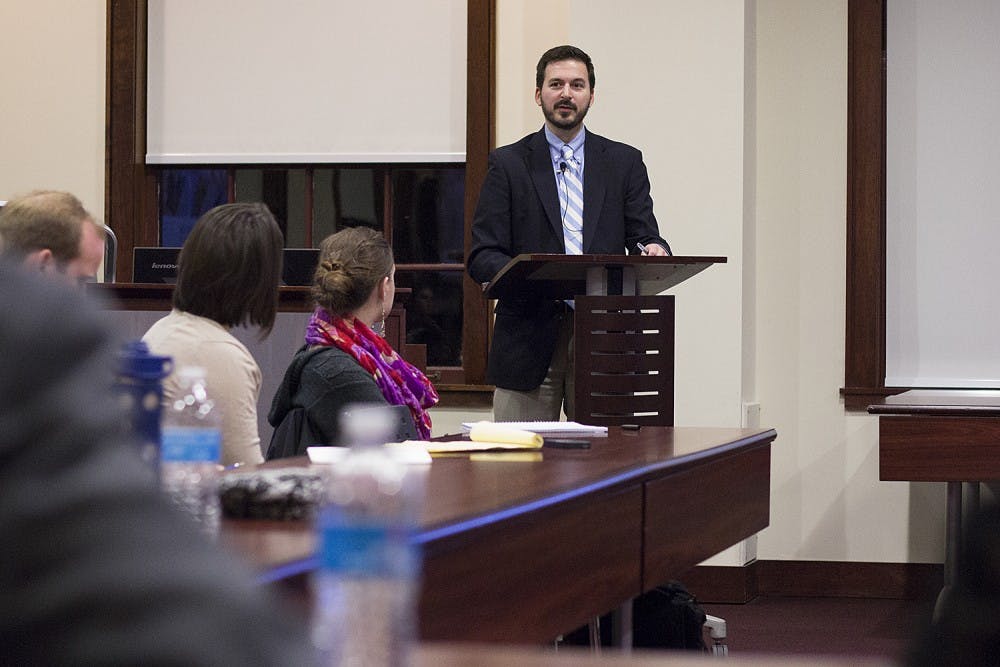Hartzog, who received his Ph.D. from UNC, said it is common for people today to think that keeping information private is wishful thinking, given the prevalence of the Internet.
“The ‘no privacy in public information’ argument is flawed because we don’t even know what public information means,” he said.
He said what he considers public information differs from the general public’s conception, and he said there should be changes to the way public information is defined.
Cathy Packer, a UNC professor and co-director of the Center for Media Law and Policy, said courts have traditionally said that all information posted online is public.
“People actually don’t feel that way when they put their information on the Internet because they may, for example, adjust their Facebook settings so that only goes to their friends,” she said.
While it’s a common conception that anything Internet users post is public, Hartzog said this concept deserves more explanation.
Hartzog said public information often falls under five categories — information that is accessible; widely known; of interest to society; designated for collection; use and disclosure; and anything not private. But these descriptions, he said, can often be problematic.
Three value judgements, he said, should instead be considered in a revised definition of public information: transaction costs, disclosure relationships and the purpose of restrictions.



